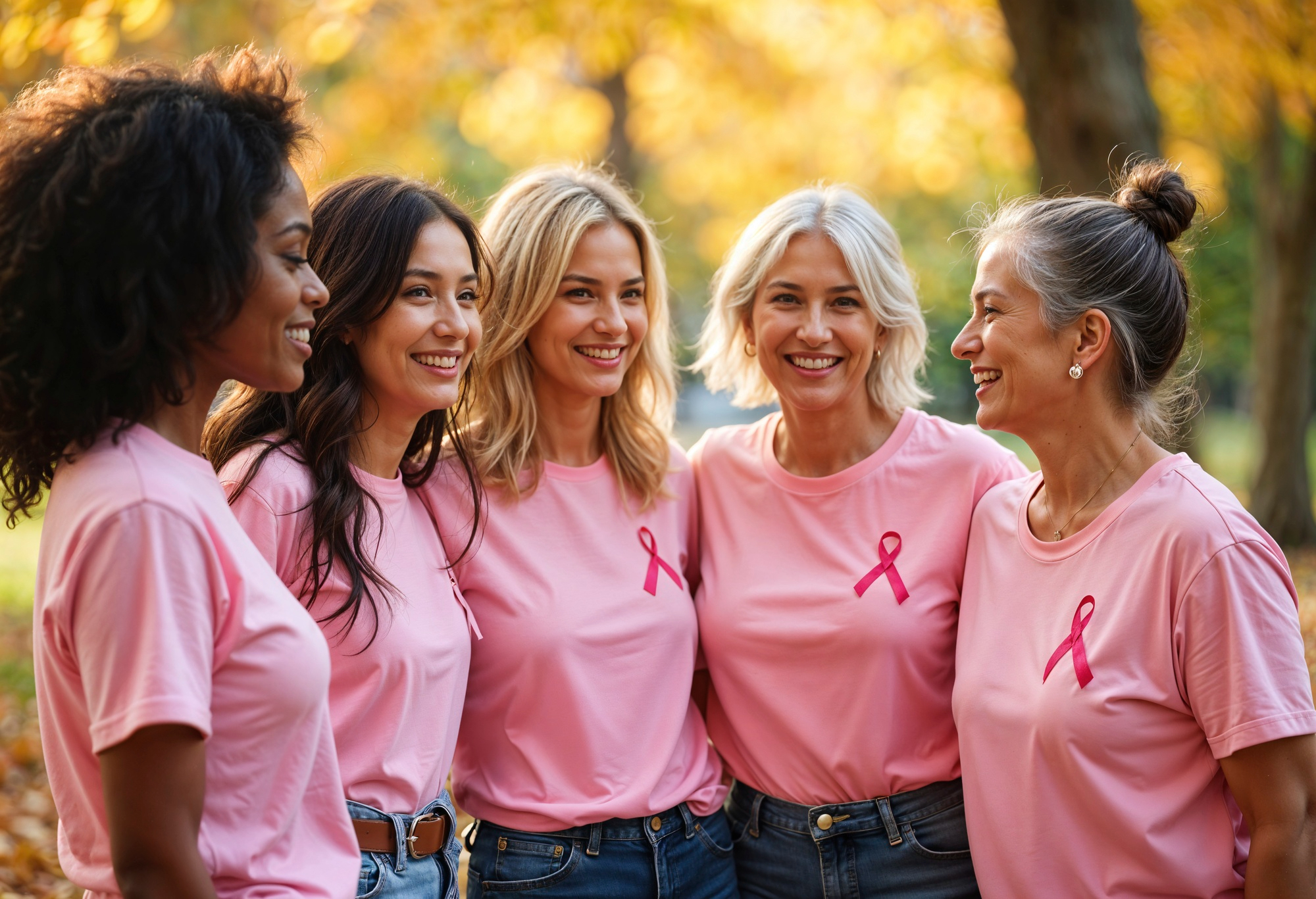Beyond Alcohol: A Balanced Look at all Cancer Risks

Understanding cancer risks requires more than just focusing on alcohol—early detection and lifestyle changes are key to prevention and survival.
In recent remarks, the U.S. Surgeon General, Dr. Vivek Murthy, highlighted research linking alcohol consumption to an increased risk of cancer. He emphasized that no amount of alcohol is truly safe in terms of cancer prevention, specifically pointing to its links with cancers such as those of the liver, breast, and mouth. While his statements are grounded in a public health push to reduce cancer rates, there are important aspects of this discussion that deserve further exploration. Specifically, how relevant are these statistics to the average person, and why is the conversation about cancer prevention incomplete without addressing other, often overlooked, risk factors?
Why Alcohol-Related Cancer Risks Is Not the Whole Picture
Dr. Murthy’s comments have sparked significant attention, especially in a society where alcohol consumption is common and often ingrained in social and cultural practices. However, the notion that alcohol consumption at any level is a major cancer risk is not universally relevant. While studies have shown a statistical correlation between alcohol consumption and certain cancers, this is just one piece of a much larger puzzle.
A major point of concern is the reliance on aggregate statistics, which can often mislead the average person into thinking their individual risk is significantly higher than it may be in reality. For example, while studies show that drinking alcohol can increase the risk of breast cancer, the risk varies significantly based on factors like genetics, overall health, lifestyle choices, and the amount of alcohol consumed. One person who drinks socially may have a lower risk than someone who drinks heavily on a daily basis. To blanketly say that no level of alcohol is "safe" may not be helpful without further nuance and individual risk factors.
Moreover, Dr. Murthy’s comments about alcohol may overshadow other common causes of cancer that the public is not often warned about. For instance, the impact of environmental toxins—such as exposure to certain chemicals, air pollution, or even radiation—has a profound effect on cancer rates, yet these issues are not typically as widely discussed in the context of prevention. Similarly, factors like poor diet, lack of exercise, and chronic stress play significant roles in cancer development but are rarely framed in the same way as the alcohol discussion.
The Missing Discussion: Other Cancer Risks Left Out of the Message
There are a variety of factors contributing to cancer development that deserve as much attention as alcohol. The following are some overlooked but major cancer risks that should be part of the conversation:
Tobacco Use: Smoking remains the leading cause of preventable cancer deaths worldwide. The Surgeon General’s office has been clear about the dangers of smoking, but the conversation around tobacco use in relation to cancer prevention often takes a back seat to other issues. Smoking affects not just the lungs, but other organs, including the throat, mouth, and bladder.
Obesity: Obesity is a well-established risk factor for multiple types of cancer, including breast, colon, and pancreatic cancer. Unfortunately, the relationship between weight and cancer risk is often downplayed in favor of discussions about immediate lifestyle changes, but the statistics do not lie—obesity is a growing epidemic, and its cancer-related risks are serious.
Environmental Toxins: Chemicals in everyday products, such as household cleaners, pesticides, and certain plastics, have been linked to cancer. The lack of widespread awareness about these toxins and their cumulative effect on health is a missed opportunity to educate the public.
Infections: Certain viral infections, such as HPV (human papillomavirus), have been linked to cancers like cervical and throat cancer. The introduction of vaccines to prevent these infections has made a significant impact, but the connection between these infections and cancer risks is still not universally discussed.
Sun Exposure: Many people are unaware of how damaging regular sun exposure or tanning beds can be. Skin cancer is one of the most common forms of cancer, but its prevention is often overlooked in favor of more immediate health issues.
Early Detection: The Key to Longevity
While public health campaigns focusing on prevention are valuable, it’s crucial to remember that early detection plays an equally important role in improving cancer outcomes. Regardless of whether a person consumes alcohol or is exposed to other risks, the key to longevity is identifying cancer in its earliest stages when treatment options are most effective.
Early detection is especially crucial in cancers that don’t show immediate symptoms. For example, pancreatic cancer can be hard to detect until it has spread, but with new tests, like Cancer Check, cancer can be screened for as early as Stage 0.
By emphasizing early detection along with lifestyle changes, we can empower individuals to take control of their health in a more proactive, comprehensive manner. Public health campaigns should not only focus on restricting behaviors like alcohol consumption but also promote a broader, more holistic understanding of the multitude of cancer risk factors that affect our health every day.
A Balanced Approach to Health Education
As we discuss the Surgeon General's recent statements on alcohol and cancer, it is essential that the conversation evolves to include other cancer risk factors, as well as a focus on early detection. While it’s important to reduce preventable risks like alcohol consumption, it’s equally important to remind the public of other lifestyle factors and environmental concerns. A balanced approach that recognizes the complexity of cancer prevention, while highlighting the importance of early detection, will empower individuals to make informed decisions about their health and increase the chances of surviving cancer in its early stages. Let’s ensure that the dialogue around cancer is comprehensive and reflects the full range of challenges we face in maintaining health and wellness.








.jpg)






